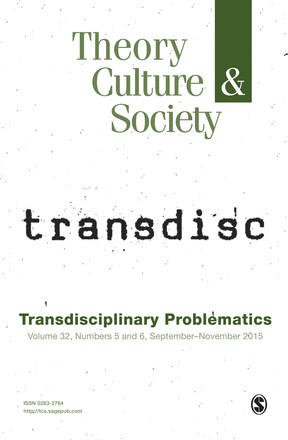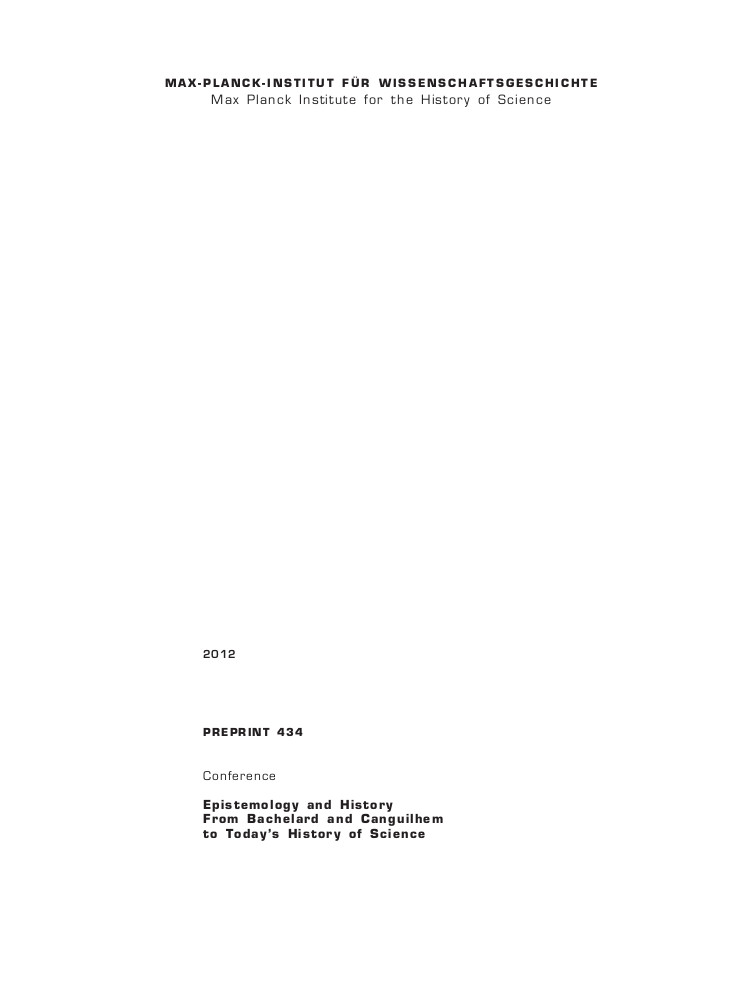The Living Handbook of Narratology (2009–)
Filed under living book | Tags: · discourse, genre, literary theory, literature, narrative, narratology, text, theory

“The living handbook of narratology (LHN) is based on the Handbook of Narratology, first published by Walter de Gruyter in 2009. As an open access publication, it makes available all of the 32 articles contained in the original print version—and more: the LHN offers the additional functionality of electronic publishing including full text search facility, one-click-export of reference data and digital humanities tools for text analysis.
The LHN continuously expands its original content base by adding new articles on concepts and theories fundamental to narratology and to the study of narrative in general. It offers registered narratologists the opportunity to comment on existing articles, suggest additions or corrections, and submit new articles to the editors.”
Edited by Peter Hühn, John Pier, Wolf Schmid and Jörg Schönert
Publisher Hamburg University Press, 2009
Open access
HT Dennis Tenen
Reviews: J. Alexander Bareis (J Lit Theory, 2010), Ronald Geerts (Theaterforschung, 2010), Bahar Dervişcemaloğlu (Yeni Türk Edebiyatı Dergisi, 2011, TR).
Comment (0)Theory, Culture & Society 32(5-6): Transdisciplinary Problematics (2015)
Filed under journal | Tags: · academia, disciplinarity, discourse, gender, humanism, humanities, philosophy, poststructuralism, science, structuralism, theory, transversality

This special issue of the journal contributes to current debates about disciplinarity and academic disciplines.
With texts by Peter Osborne, Michel Serres (introduced by Lucie Mercier), Étienne Balibar, David Cunningham, Nina Power, Félix Guattari (introduced by Andrew Goffey), Éric Alliez, Stella Sandford, Tuija Pulkkinen, and Lisa Baraitser.
Edited by Peter Osborne, Stella Sandford and Éric Alliez
Publisher Sage, September-November 2015
ISSN 0263-2764
231 pages
PDF (2 MB)
Comment (0)Max Planck Institute (ed.): Epistemology and History: From Bachelard and Canguilhem to Today’s History of Science (2012) [EN, FR, DE]
Filed under proceedings | Tags: · discourse, epistemology, historical epistemology, history, history of science, knowledge, philosophy, science, theory

“Over the past few years, “historical epistemology” has had quite a successful international career. Starting with a week-long conference organized by Ian Hacking in Toronto in 1993, historical epistemology was and continues to be used as a label for a wide variety of projects and programs: from Hacking’s own discussion of styles of scientific reasoning to Lorraine Daston’s historicization of epistemological categories and values, Arnold Davidson’s investigations into the conceptual formation of new kinds of knowledge and experience and the attempt undertaken by Peter Damerow et al. to broaden the scope of Jean Piaget’s “genetic epistemology” by historical means.
These conference proceedings attempt to historicize and contextualize historical epistemology and, by the same token, to create a prerequisite for concrete and critical updates.” (from the Introduction)
Contributions by Camille Limoges, François Delaporte, Monika Wulz, Thomas Ebke, Stefanos Geroulanos & Todd Meyers, Claude Debru, Pierre-Olivier Méthot, Françoise Balibar, Sandra Pravica, Cornelius Borck, Andrea Cavazzini, Maria Muhle, Cristina Chimisso, Frieder Otto Wolf, and Anselm Haverkamp.
Publisher Max-Planck Institute for the History of Science, Berlin, 2012
MPG Preprint 434
Open Access
232 pages
PDF (1.4 MB)
Comment (0)
